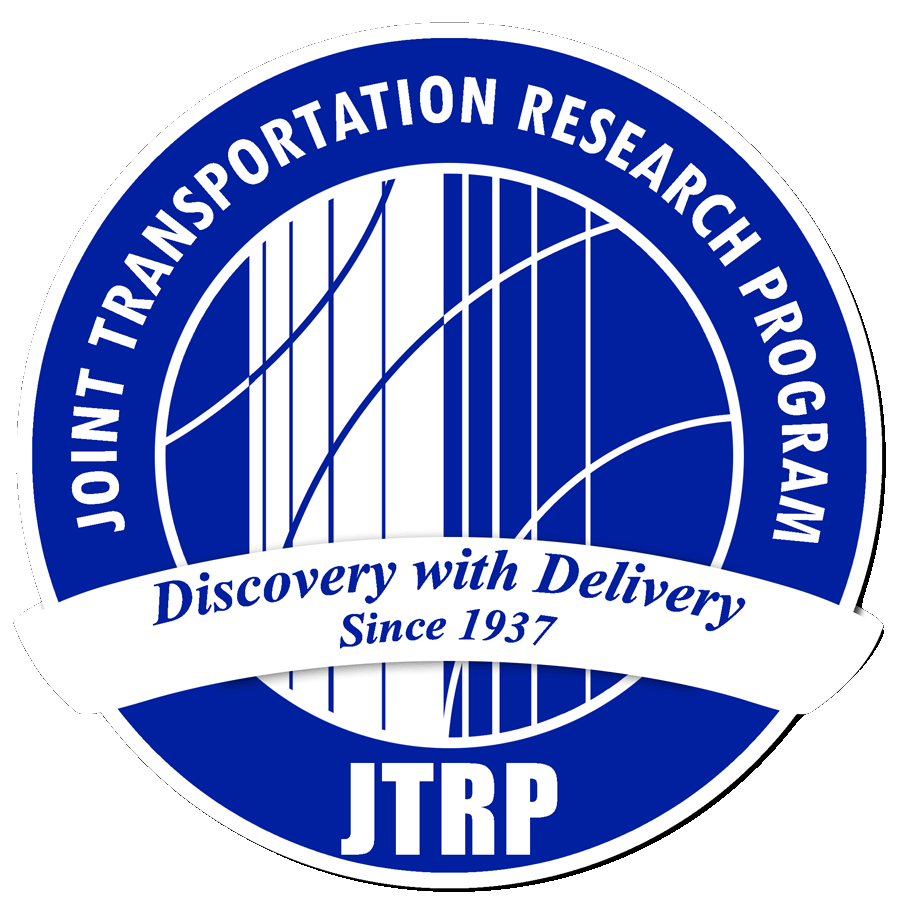Recommended Citation
Luo, X., R. Salgado, and A. G. Altschaeffl. Cone Penetration Test to Assess the Mechanical Properties of Subgrade Soils. Publication FHWA/IN/JTRP-98/13. Joint Transportation Research Program, Indiana Department of Transportation and Purdue University, West Lafayette, Indiana, 1998. https://doi.org/10.5703/1288284313162DOI
10.5703/1288284313162
Abstract
The purpose of the present study was to investigate the relationships between penetration resistance, dry density, moisture content, and resilient modulus of subgrade soils. The DCPT tests were conducted at eight sites. The nuclear gage and sand cone methods were used to estimate the dry density and moisture content of the subgrade soils. Disturbed soil samples were collected in the field. Atterberg limits and sieve analysis tests were conducted in the laboratory. For selected sites, laboratory DCPT tests were performed in a 12-inch mold along the compaction curves, and unconfined compression tests were conducted on 2.8-inch samples. The contours of laboratory penetration index with respect to dry density and moisture content were developed. Based on this information, the relationships between laboratory penetration index, unconfined compression test results and resilient modulus were found. Based on the field test results and unconfined compression test results, the relationship between field penetration index, dry density, moisture content, and resilient modulus for sandy lean clay was also found for select soil types. A framework for further development of such correlations for different soil types is now in place, which should facilitate future research.
Report Number
FHWA/IN/JTRP-98/13
Keywords
dynamic cone penetration, DCPT, subgrade soil, resilient modulus, soil compaction, SPR-2133
SPR Number
2133
Project Number
C-36-45N
File Number
6-18-13
Performing Organization
Joint Transportation Research Program
Publisher Place
West Lafayette, IN
Date of this Version
1998



